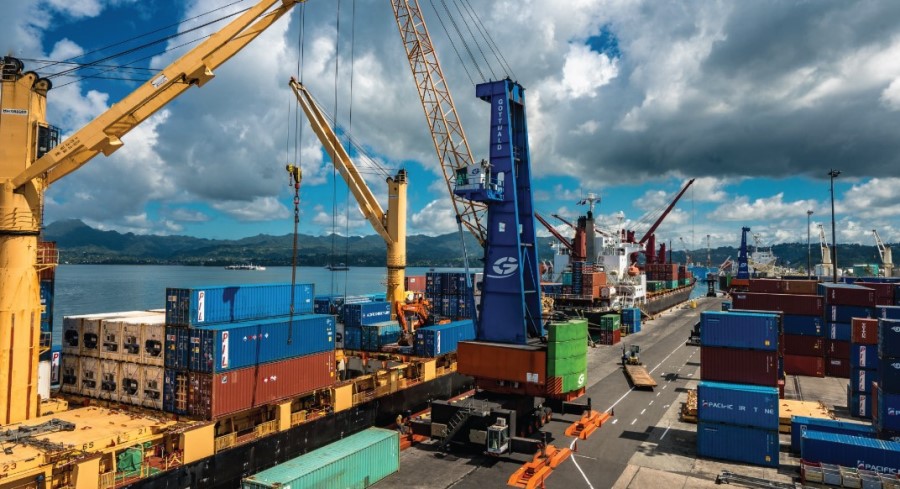The global trade finance gap grew to a record $2.5 trillion last year from $1.7 trillion in 2021, according to an Asian Development Bank (ADB) survey released, on Tuesday, in Manila, Philippines.
This is because continued constraints reduced the capacity of banks to deliver trade financing.
The trade finance gap is the difference between requests and approvals for financing to support imports and exports.
“The global trade finance funding gap has now widened to well over $2 trillion, as global economy still struggles to rebound from the pandemic,” ADB’s Director General for Private Sector Operations, Suzanne Gaboury, said.
The survey is the world’s leading barometer of trade finance health. It includes data from 137 banks and 185 companies from around 50 economies.
Respondents said they faced continued constraints last year due to rising interest rates and financial market uncertainties.
All these are set against the backdrop of a global economic slowdown and geopolitical instability.
According to the survey, rebounding strongly after COVID-19 pandemic, global goods exports grew in 2021 and 2022 at 26.6 per cent and 11.5 per cent, respectively.
Read Related News:
ADB approves $190m for Bangladesh’s rural connectivity project
Philippines logs 791 new COVID-19 cases, 19 deaths
Demand for trade finance surged on the back of the sharp recovery. But heightened economic risks made finance more difficult to secure than before, the survey says.
For the first time, the 2023 trade gaps survey focuses on environmental, social and governance (ESG) issues.
It also focuses on digitalisation to assess their (ESG) impact on relevant supply chains and the trade finance gap.
Most banks and companies that took part in the survey believed ESG alignment could potentially help reduce trade financing gap.
Firms surveyed cited insufficient financing as the top supply chain challenge.
They identified access to adequate financing, reliable logistics and use of digital technology as the most important components of resilient supply chains. (Xinhua)
Do you have a flair for Citizenship Journalism? Share story(ies) of happenings in your area with The NewsZenith on WhatsApp: 08033668669 or thenewszenith@gmail.com


